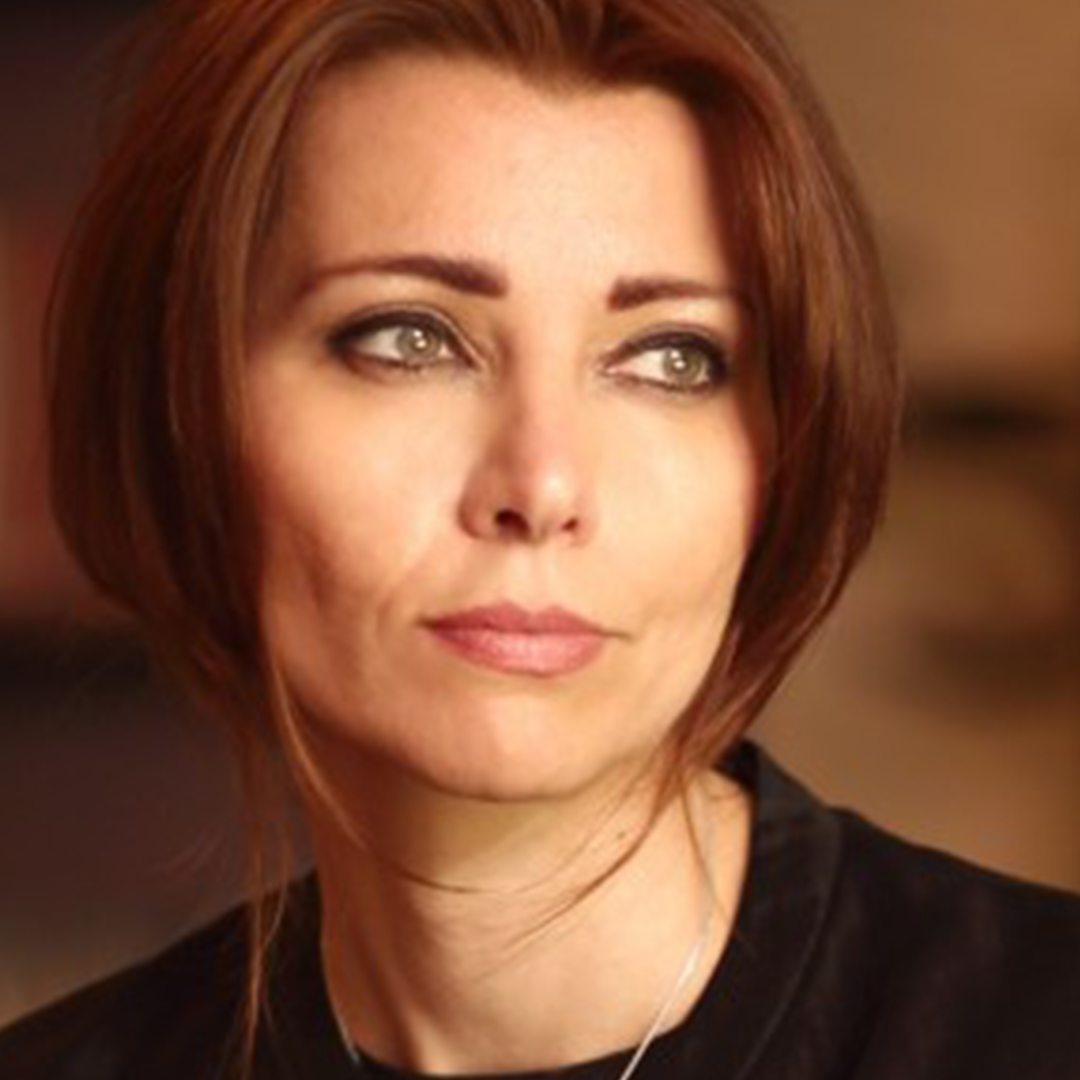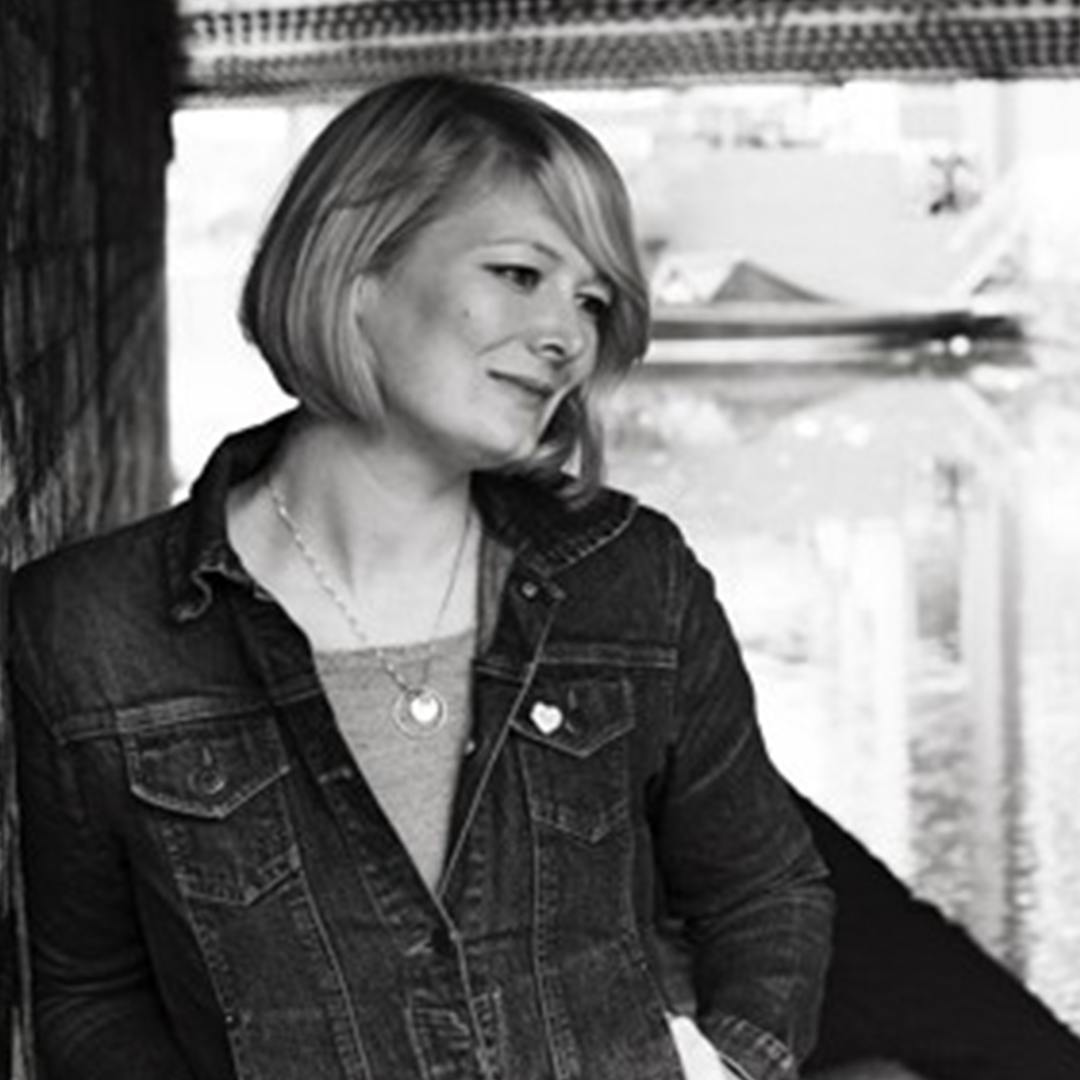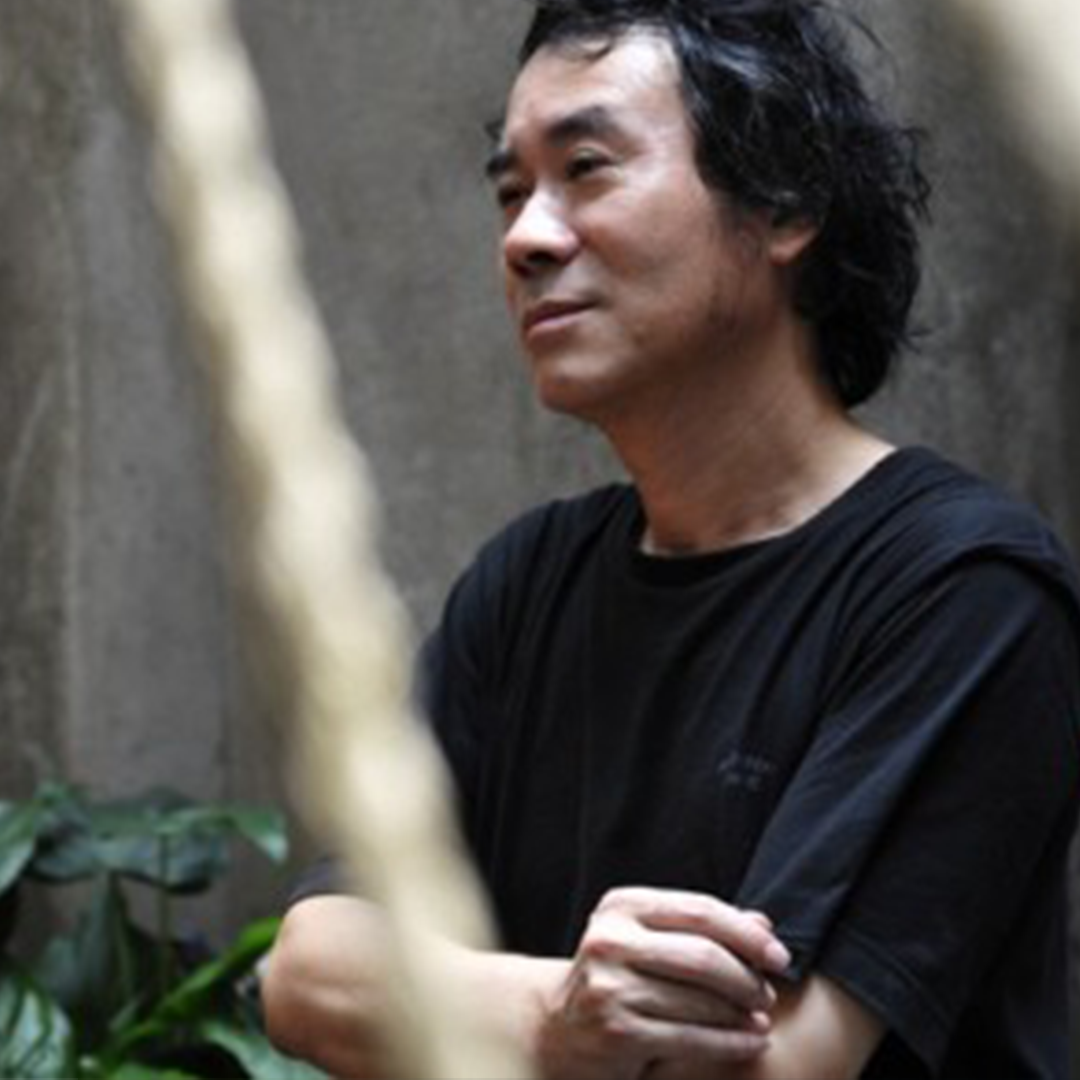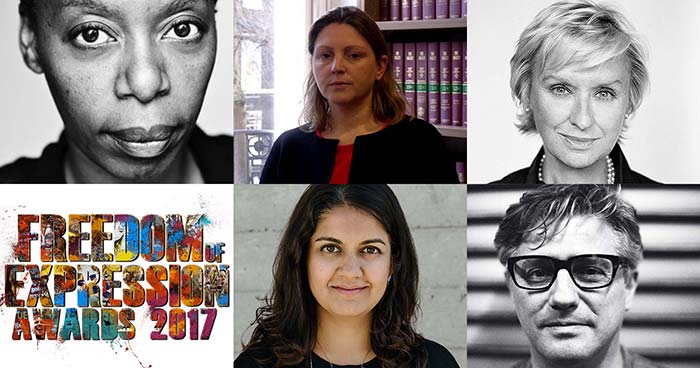Index relies entirely on the support of donors and readers to do its work.
Help us keep amplifying censored voices today.
[vc_row][vc_column][vc_single_image image=”115172″ img_size=”full”][vc_column_text]Books have long been objects of contention, criticised for spreading ideas which go against the status quo. They are removed from libraries and bookshops, burned, banned and vandalised while writers are attacked, threatened, imprisoned. These actions are nothing new, yet the importance of preserving our freedom to read is more important now than ever.
Freedom to read is at the centre of Banned Books Week, an initiative which has sought to challenge censorship on both sides of the Atlantic, bringing together literary communities – librarians, booksellers, publishers, journalists, teachers, and readers – in shared support of the freedom to seek and to express ideas, even those some consider unorthodox or unpopular.
The initiative was launched in the USA in 1982 in response to a surge in the number of challenges to books in schools. Since then, it has sought to highlight the value of free and open access to information. Each year sees an exciting strand of events, readings list, games and activities designed to get people thinking about books that have been banned throughout history, and are still causing offense today.
As the 2020 Banned Books Week comes to a close, we have a chance to reflect on the impact the initiative has had over the past 38 years, and consider the work we still need to do to ensure everyone is free to read.
Censoring literature is nothing new. It has a long and dark history and has been exercised by governments, political parties and religious groups for centuries. Book burning, which has been recorded as early as the 7th century BCE, and proliferated under the Nazi party in Germany in 1933, is emblematic of a harsh and oppressive regime which is seeking to censor or silence some aspect of prevailing culture.
Today’s methods of censorship remain prevalent yet differ in style. Political leaders use legal methods to silence or prohibit writing which paints themselves and their parties in an unpleasant light – techniques not so different to the vexatious lawsuits used to silence journalists. Academic textbooks are rewritten to paint recent historical events in a very different light, and a favourite illustrated bear has long been banned to protect the ego of other fragile leaders.
As well as these more blatant signs of government censorship, literature is still challenged today. Some of the most canonical works of the 20th century have famously been challenged – including The Handmaid’s Tale, Animal Farm and Lady Chatterley’s Lover, which this year sees the 60th anniversary of its uncensored publication in the UK. But it is children’s books that cause a particular stir, such as And Tango Makes Three by Justin Richardson and Peter Parnell which tells the true story of two male penguins who create a family together and was subsequently banned in US schools and libraries for depicting same-sex marriage and adoption.
While this year’s Banned Books Week took a different shape from previous years, we had the pleasure of hearing a number of writers speak about their experiences of being silenced, censored or simply refused a platform. In the wake of George Floyd’s murder and the resultant global Black Lives Matter protests, it has been clearer than ever before that the voices of some are prioritised to the exclusion of others.
In an online session on 29 September, Urvashi Butalia spoke to poet Rachel Long, and authors Elif Shafak and Jacqueline Woodson about what ‘freedom’ means in the culture of traditional publishing, and how writers today can change the future of literature. During the event, Shafak defended freedom of speech and spoke about her experience of seeing her works of fiction brought into the courtroom – “it was very surreal to me. Art needs freedom, even though it may be harmful in the eyes of authorities.”
Shafak’s comments harked back to those made by Nobel laureate Toni Morrison during the launch of the Free Speech Leadership Council, an advocacy arm of the National Coalition Against Censorship. At the event, Morrison spoke of her novel Song of Solomon being banned at a prison after the warden expressed fear that it might stir the incarcerated to riot. An acoustical lapse led Morrison to speculate as to whether the real fear was of the inmates incitement to “riot” or “write” – asking, which would ultimately be the most dangerous?
While authorities and governments fear literary works that are seen to challenge them, we are reminded this Banned Books Week of the importance of free artistic expression and of literature’s power to challenge even the most powerful, oppressive forces. [/vc_column_text][/vc_column][/vc_row][vc_row][vc_column][three_column_post title=”You might also like to read” category_id=”581″][/vc_column][/vc_row]
FEATURING

Novelist

Novelist

Writer
[vc_row][vc_column][vc_column_text]
Index on Censorship is proud to announce that long-time BBC reporter Razia Iqbal and CEO of the world famous Serpentine Galleries Yana Peel will join a panel of judges to decide the 2018 Freedom of Expression Awards Fellowship winners.
The Freedom of Expression Awards, now in their 18th year, honour champions of free expression and those battling censorship around the world in the field of arts, campaigning, digital activism and journalism. Many have faced prosecution and punishment for their work.
Peel sits on advisory boards for the Tate, the British Fashion Council and the Lincoln Center for the Performing Arts, and is a young global leader of the World Economic Forum. Currently CEO of the Serpentine Galleries, she previously ran Intelligence Squared Group, a leading forum for live debate, and was a regular contributor to the Davos annual meeting and the DLD, particularly on topics at the intersection of technology and visual art.
Iqbal has been an arts correspondent for the BBC for over a decade and is one of the main presenters of Newshour, the flagship news and current affairs programme on BBC World Service radio, and regularly presents The World Tonight on BBC Radio 4.
Iqbal says “In my lifetime, there has never been a more critical time to fight for freedom of expression. Whether it is in countries where people are imprisoned or worse, killed, for saying things the state or others, don’t want to hear, it continues to be fought for and demanded. It is a privilege to be associated with the Index on Censorship judging panel.”
The judging panel will also include Raspberry Pi Ltd CEO Eben Upton, founder of the Raspberry Pi Foundation, a UK-based charity that advances computer science education in schools, who was recently elected to the fellowship of the Royal Academy of Engineering in 2017; and Tim Moloney QC, deputy head of Doughty Street Chambers and Band 1 of Crime Silks, classed as leading silk in the current Legal 500.
Announcing the judging panel, Index on Censorship chief executive Jodie Ginsberg said:“Freedom of expression is a right that our award winners and nominees work tirelessly to defend. The awards draw attention to the repression that they face every day and give us a chance to celebrate and support these inspiring journalists, activists, and artists.
“We’re excited to announce this year’s remarkable panel of judges, who are leaders and experts in their fields. The Freedom of Expression Awards Fellowship recognise global free speech heroes and provide assistance so that their important work can continue.”
Previous winners of the Freedom of Expression Awards include Nobel Peace Prize winner Pakistani education campaigner Malala Yousafzai, Chinese political cartoonist Rebel Pepper and Yemeni street artist Murad Subay. Hundreds of public nominations are made for the awards each year. Many of those nominated are regularly targeted by authorities or by criminal and extremist groups for their work. Some face regular death threats, others criminal prosecution.
Previous judges include digital campaigner and entrepreneur Martha Lane Fox, Nobel laureate Wole Soyinka, Harry Potter actor Noma Dumezweni, novelist Elif Shafak, award-winning journalist and former editor-in-chief of Vanity Fair and The New Yorker Tina Brown and human rights lawyer and shadow Brexit secretary Keir Starmer.
The Freedom of Expression Awards Fellowship ceremony 2018 will be held on April 19 in London.
For Index on Censorship
Sean Gallagher, [email protected]
About the Freedom of Expression Awards Fellowship
Winners of the 2018 Freedom of Expression Awards Fellowship receive 12 months of capacity building, coaching and strategic support. Through the fellowships, Index seeks to maximise the impact and sustainability of voices at the forefront of pushing back censorship worldwide. More information
About Index on Censorship
Index on Censorship is a London-based non-profit organisation that publishes work by censored writers and artists and campaigns against censorship worldwide. Since its founding in 1972, Index on Censorship has published some of the greatest names in literature in its award-winning quarterly magazine, including Samuel Beckett, Nadine Gordimer, Mario Vargas Llosa, Arthur Miller and Kurt Vonnegut. It also has published some of the world’s best campaigning writers from Vaclav Havel to Elif Shafak.[/vc_column_text][/vc_column][/vc_row][vc_row][vc_column][vc_row_inner][vc_column_inner width=”1/2″][staff name=”Razia Iqbal, Journalist” profile_image=”97201″]Razia Iqbal is a presenter for BBC News: she is one of the main presenters of Newshour, the flagship news and current affairs programme on BBC World Service radio. She also regularly presents The World Tonight on BBC Radio 4, a British weekday current affairs radio programme broadcast. Iqbal has hosted HARDtalk Extra, a BBC television and radio programme that conducts in depth one-on-one interviews with significant artists such as Pakistani pop star Haroon and prolific American writer, Joyce Carol Oates. She was the BBC’s arts correspondent for a decade, and has worked as a political reporter and a foreign correspondent in Pakistan and Sri Lanka. Iqbal has also made several successful documentaries through the BBC and presented on a variety of programmes. She was born in Kampala, Uganda and came to London as a child. Iqbal graduated with a BA in American Studies from the University of East Anglia and was nominated in 2013 for the “Services to Media” award at the British Muslims Awards. [/staff][/vc_column_inner][vc_column_inner width=”1/2″][staff name=”Tim Moloney QC, Barrister” profile_image=”97202″]Tim Moloney QC is the deputy head of Doughty Street Chambers. His practice encompasses crime, extradition, international criminal law, international death penalty litigation, public law and media law. Moloney consistently acts in high profile litigation across the spectrum of his practice. He also advises high profile organisations on their exposure to involvement with acts of terrorism and is regularly involved in training of lawyers overseas in the law and practice relating to terrorism and the death penalty. He also regularly advises media organisations on issues they face relating to terrorism and disclosure. Following the completion of his Ph.D, Moloney was a lecturer in law before being called to the Bar in 1993. He became a QC in 2010. He continues to write and lecture extensively. He is the author of the sexual offences, terrorism and appeals sections of the leading reference work, Blackstone’s Criminal Practice, and is the author of the sentencing chapters in Rook and Ward on Sexual Offences. Moloney is also a member of the panel of experts for Halsbury’s Laws.[/staff][/vc_column_inner][/vc_row_inner][/vc_column][/vc_row][vc_row][vc_column width=”1/2″][staff name=”Yana Peel, Chief Executive” profile_image=”97203″]Yana Peel is CEO of the Serpentine Galleries, London, one of the most recognised organisations in the global contemporary art, design and architecture worlds. Prior to this she ran Intelligence Squared Group, the leading forum for live debate. Having co-founded Outset Contemporary Art Fund in 2003 as a hub for creative funding solutions for cultural projects, Peel maintains advisory positions across the arts that include: Tate, British Fashion Council, V-A-C Foundation Moscow, Lincoln Center and Asia Art Archive. At ParaSite Art Space and Intelligence Squared, she serves as board co-chair. Peel is a young global leader of the World Economic Forum and a regular contributor to the Davos annual meeting and DLD, particularly on topics at the intersection of technology and visual art. Her two children provide inspiration for her best-selling book series, Art for Baby, which benefits the National Society for the Protection against Cruelty to Children (NSPCC). Peel was born in St Petersburg, Russia, attended McGill University, completed her post-graduate studies in Economics at LSE, and started her career at Goldman Sachs.[/staff][/vc_column][vc_column width=”1/2″][staff name=”Eben Upton CBE, Chief Executive” profile_image=”97204″]Eben Upton CBE is a founder of the Raspberry Pi Foundation and serves as the CEO of Raspberry Pi Ltd, its commercial and engineering subsidiary. He is the co-author, with Gareth Halfacree of the Raspberry Pi User Guide, and with Jeff Duntemann and others of Learning Computer Architecture with Raspberry Pi. He was elected to the Fellowship of the Royal Academy of Engineering in 2017. In an earlier life, he founded two successful mobile games and middleware companies, Ideaworks 3d and Podfun, held the post of director of studies for Computer Science at St John’s College, Cambridge, and wrote the Oxford Rhyming Dictionary with his father, Professor Clive Upton. He holds a BA in Physics and Engineering, a PhD in Computer Science, and an MBA, from the University of Cambridge.[/staff][/vc_column][/vc_row][vc_row][vc_column][vc_separator][/vc_column][/vc_row][vc_row full_width=”stretch_row_content” equal_height=”yes” css=”.vc_custom_1515150485442{background-color: #cb3000 !important;}” el_class=”text_white”][vc_column width=”1/2″][vc_custom_heading text=”Support the Index Fellowship” font_container=”tag:h2|text_align:center” use_theme_fonts=”yes” link=”url:https%3A%2F%2Fwww.indexoncensorship.org%2Fsupport-the-freedom-of-expression-awards%2F|||”][vc_column_text]
[/vc_column_text][/vc_column][vc_column width=”1/2″ css=”.vc_custom_1515150288338{background-image: url(https://www.indexoncensorship.org/wp-content/uploads/2017/04/2017-awards-fellows-1460×490-2.jpg?id=89631) !important;background-position: center !important;background-repeat: no-repeat !important;background-size: cover !important;}”][/vc_column][/vc_row][vc_row][vc_column][vc_separator][/vc_column][/vc_row][vc_row][vc_column][vc_custom_heading text=”Don’t lose your voice. Stay informed.” font_container=”tag:h3|text_align:left” use_theme_fonts=”yes”][vc_row_inner][vc_column_inner width=”1/2″][vc_column_text]Index on Censorship is a nonprofit that campaigns for and defends free expression worldwide. We publish work by censored writers and artists, promote debate, and monitor threats to free speech. We believe that everyone should be free to express themselves without fear of harm or persecution – no matter what their views.
Join our mailing list (or follow us on Twitter or Facebook) and we’ll send you our weekly newsletter about our activities defending free speech. We won’t share your personal information with anyone outside Index.[/vc_column_text][/vc_column_inner][vc_column_inner width=”1/2″][gravityform id=”20″ title=”false” description=”false” ajax=”false”][/vc_column_inner][/vc_row_inner][/vc_column][/vc_row]

Harry Potter actor Noma Dumezweni, Doughty Street Chambers lawyer Caiolfhionn Gallagher, former Vanity Fair editor Tina Brown, Superflux co-founder Anab Jain and Heaven 17’s former manager Stephen Budd.
Harry Potter actor Noma Dumezweni will join a panel of judges that also includes Hillsborough lawyer Caiolfhionn Gallagher and former Vanity Fair editor Tina Brown to decide the 2017 Index on Censorship Freedom of Expression Award winners.
The awards, now in their 17th year, honour those at the forefront of challenging censorship in the field of arts, campaigning, journalism and digital advocacy. Many of the winners face regular persecution for their work.
Dumezweni, who plays Hermione in the stage play Harry Potter and the Cursed Child, was shortlisted earlier this year for an Evening Standard Theatre Award for Best Actress. Speaking about the importance of the Index Awards she said: “Freedom of expression is essential to help challenge our perception of the world”.
Caoilfhionn Gallagher is a public law specialist at Doughty Street Chambers who represented the bereaved families in the 7/7 London bombings, and the Hillsborough football stadium tragedy. In October 2016 she was named Human Rights and Public Law Junior of the Year at the Chambers UK Bar Awards.
“Freedom of expression is needed now more than ever, as many governments worldwide are attempting to stifle critical voices. Some do this in ways which are blatant breaches of fundamental freedoms, others’ methods are more subtle but still pose a significant threat to free speech and democracy. Now, more than ever, we must fight to protect and champion freedom of expression,” said Gallagher.
Other judges on the panel include Tina Brown, an award-winning journalist and former editor-in-chief of Tatler, Vanity Fair and The New Yorker; Anab Jain, TED fellow and co-founder of Superflux, a company focused on emerging technologies; and Stephen Budd, chairman of the Music Managers Forum and co-founder of Damon Albarn’s ‘Africa Express’ musical collaborations project.
Announcing the judging panel, Index on Censorship chief executive Jodie Ginsberg said: “No one should be punished for speaking freely — yet across the world we see journalists muzzled for challenging politicians, musicians silenced for questioning the status quo, or cartoonists forced to drop their pens because they mocked the powerful and the corrupt.”
“Our awards celebrate those who fight back. And we’re delighted to have such an impressive panel selecting this year’s winners.”
Previous winners of the Freedom of Expression awards include Nobel Peace Prize winner Malala Yousafzai, Israeli conductor Daniel Barenboim, and Russian journalist Anna Politkovskaya. Hundreds of public nominations are made for the awards each year. Many of those nominated are regularly targeted by authorities or by criminal and extremist groups for their work. Some face regular death threats, others criminal prosecution.
Previous judges include digital campaigner and entrepreneur Martha Lane Fox, Nobel laureate Wole Soyinka, novelist Elif Shafak, journalist and campaigner Mariane Pearl, and human rights lawyer Keir Starmer.
The Freedom of Expression Awards 2017 will be held on April 19 at the Unicorn Theatre.
For more information, please contact Helen Galliano: [email protected].
Notes for editors
Index on Censorship, founded in 1972 by poet Stephen Spender, campaigns for freedom of expression worldwide. Its award-winning quarterly magazine has featured writers such as Vaclav Havel, Nadine Gordimer, Arthur Miller, Philip Pullman, Salman Rushdie, Aung San Suu Kyi and Amartya Sen.
Award winners become Index on Censorship Freedom of Expression Award Fellows and receive training and support for a year after the awards to help them maximise the impact of their work.